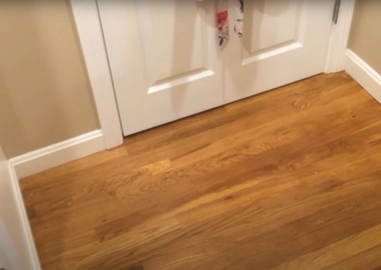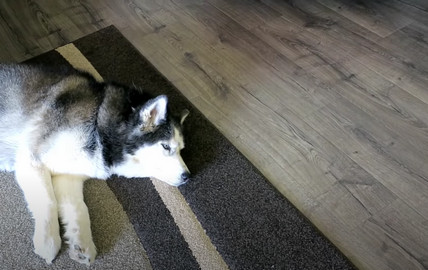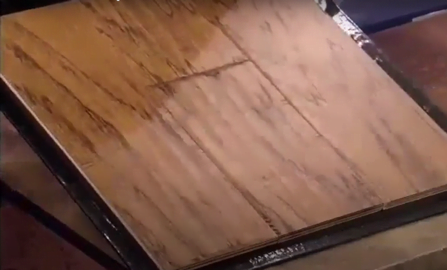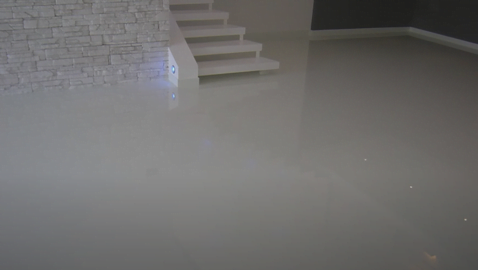How much flooring do i need?
When shopping for any type of flooring there are a few things you should consider. First, how much flooring you need, how much it will cost, and what type of flooring you’re looking to purchase? These are all factors that should be answered before proceeding with any purchases.

Floor pricing can depend largely on what type of material it is and where it’s purchased from. Similarly, how much flooring you need will also depend on the type and size of the room you’re looking to cover.
You can find a rough estimate for how much flooring you will need per room based on the size of each room and the number of desired square feet.
Discovering your flooring needs
If you decide to purchase packs of flooring to cover your room without choosing the type of flooring type, you will likely end up with too little or too many.
To determine your flooring needs you have to decide which type of flooring you want and where you want it. For example, the best flooring for a bathroom is tile while the carpet is the best for a bedroom.
If you have a carpeted hallway, then the amount of flooring needed is very small. While tile and laminate flooring usually need more and can cover twice as much area.
Measuring the room size
It’s important to determine the size of each room before making a purchase. If you can’t figure this out, you can’t properly calculate how much flooring materials you need and the cost per square foot.
When determining the size of each room, first use your house measurements for the length and width (in meters) with a tape measure. Then use the square footage of the room by multiplying them together. To make sure this estimation is correct, multiply each length and width by the square feet. The result should be how much flooring you will need.
Determining the wastage factor
The last thing you need to think about is what’s known as the “wastage factor” or how much you will waste per pack of flooring. This is a calculation for how much you will likely waste when you purchase the material.
The standard waste factor for any flooring is 5% and this is the number you should multiply with your total square footage to get the exact amount of flooring you need or if you want extra material to work on.
Calculating the costs
Once you’ve determined how much material is needed to cover a room, it’s time to calculate what that will cost per square foot. This is a very important step and it should be tested several times until you have the perfect answer.
The best way to find this number is to take your total square footage and multiply it by the price per square foot. This will give you the total dollars you will spend per room. For example, if the price per square foot is $10 and your total square footage is 1500 ft, your cost would be $1500.
There are many different flooring options for each room as well as for each type of material, so understanding what fits best with your home is necessary.
How much does flooring cost per square foot?
The cost to install a brand new floor runs from $9 to $31.50 per square foot. However, this will depend on the type of flooring you want and other considerations. Here is a list of types of flooring and their average costs. The cost does not include installation from professional installers.
- Solid hardwood flooring: $3.00-$14.00 per square foot
- Engineered wood flooring: $4.00-$5.00 per square foot
- Linoleum flooring – $2.00 -$5.00per square foot
- Carpet: $2.50-$6.00 per square foot
- Ceramic tile: $1.50-$15 per square foot
- Vinyl flooring: $0.05-$5.00 per square foot
- Cork: $3.00 – $12.00 per square foot
- Bamboo flooring – around $1.00 per square foot
- Slate: $4.00 – $10.00 per square foot
- Laminate – $1.00 per square foot
Conclusion
In conclusion, how much flooring you need will depend on the size of the room and how accurately you measure to get accurate square footage and the flooring installation wastage. If you’re not confident about your calculation, you can use a flooring calculator.
The cost of flooring is always variable; it will depend on the type of flooring material and where you purchase it from. For example, the pricing for carpet will vary based on whether or not you purchase it from a professional installer or in bulk. The same can be said for different types of hardwood flooring and tile materials. The only way to find the best price is by research and by visiting various flooring stores that sell your preferred material.


